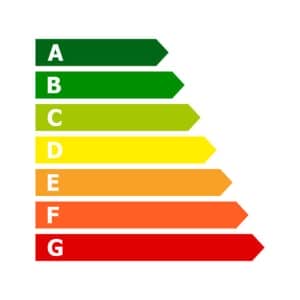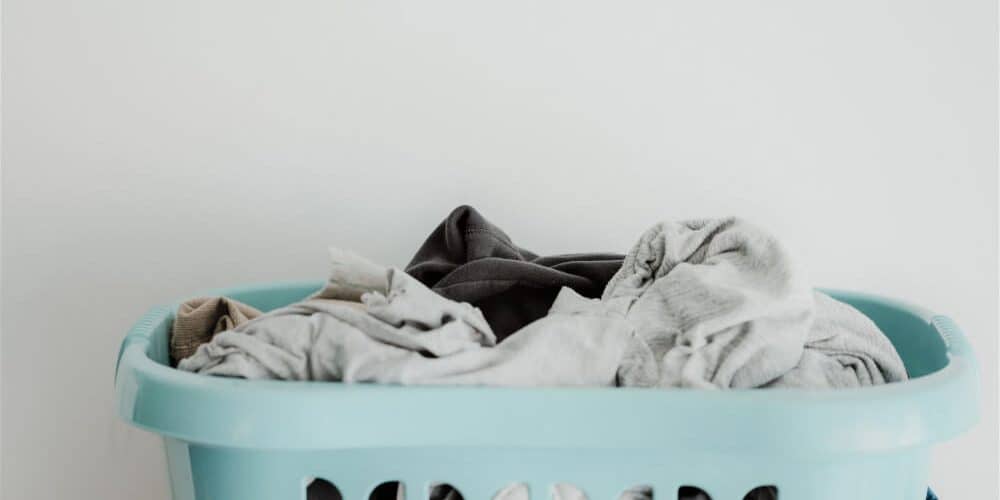Modern technology allows us all to wash and dry our clothes in record time, which is a blessing when trying to cope with the hectic demands of 21st Century life. Stain dissolving soaps, synthetic materials and high-tech washing machines may make cleaning clothes a doddle, but it has had a huge impact on our planet. Harsh chemicals in detergents have been traced in our waterways, threatening our ecosystems. Plus, there is the abundance of packaging that still cannot be recycled, not to mention the vast amounts of energy used to make and transport products. On top of that, there is all the water and fuel used to wash and dry clothes. All in all, our dazzling whites are just not very green at all!
Here are a few easy things we can all do at home to reduce, reuse, and recycle our laundry pile.
Buy a green washing machine and recycle your old one
If it is time to replace your washing machine, make sure you opt for a machine that combines water and energy-saving features and look for an A-rated European energy label with a lower kWh figure. The label looks like this:

Most washing machine carbon emissions come from its manufacture and delivery, so investing in the best one your budget allows for, means it should last longer. There is some great advice on how to dispose of your old machine at recyclenow.com.
Another tip for buying a new washing machine would be to go for one with a larger capacity (and make sure you have a full load on wash day). You’ll reduce the amount of loads you have to do in a week, as well as the cost of running a washing machine. Consumer expert Which? Says that on average, a 12kg washing machine uses 10% less energy per kg of laundry than a standard-sized 7kg machine.
Wash on a lower temperature
Heating up the water to wash our clothes is the biggest culprit of our laundry’s CO² emissions. If we all washed at 30 degrees (or even 20) we would all (collectively) save tonnes of CO² every year. Afterall, how many of our clothes have tough stains to battle? For day-to-day shirts, blouses, skirts, and trousers with no stains, a 20- or 30-degree wash is effective enough. According to Which? Choosing to wash at 30°C instead of 40°C can cut energy use by 38%, while washing at 20°C wash will use 62% less energy.
Consider washing detergent carefully
It's true that manufacturers are providing greener choices when it comes to detergent packaging, but its always best to check the labels on products before you buy.
When it comes to packaging, opaque plastic bottles are harder to recycle than cardboard boxes. Not recycling plastic means we run the risk of adding further to the amount of single-use plastic that ends up in landfill. Buy in bulk and opt for refillable containers where possible. Similarly, look for detergents with biodegradable contents that are free from dyes and fragrances. Biodegradable ingredients will break down easier and have less impact on our waterways.
Dry clothes efficiently
It goes without saying that the most effective and energy efficient way to dry clothes is to hang them on the washing line and leave them to blow in the wind. However, if you need to tumble, opt for a heat-pump machine rather than the more energy sucking vented dryer. Your initial outlay will be more but will cost much less a year to run compared to a condenser or vented machine.
If you must dry clean, choose a dry cleaner that has eradicated the user of ‘PERC’ (perchloroethylene, a serious air pollutant). Plus, politely refuse the plastic clothes covering associated with dry cleaners.
Don’t forget, our team at Maintracts Services are always on hand for your plumbing and heating needs. There is not a domestic appliance that we are not experienced with, so next time you need a repair conducted or a new washing machine installed, we’re the London based professional plumbers to call!

